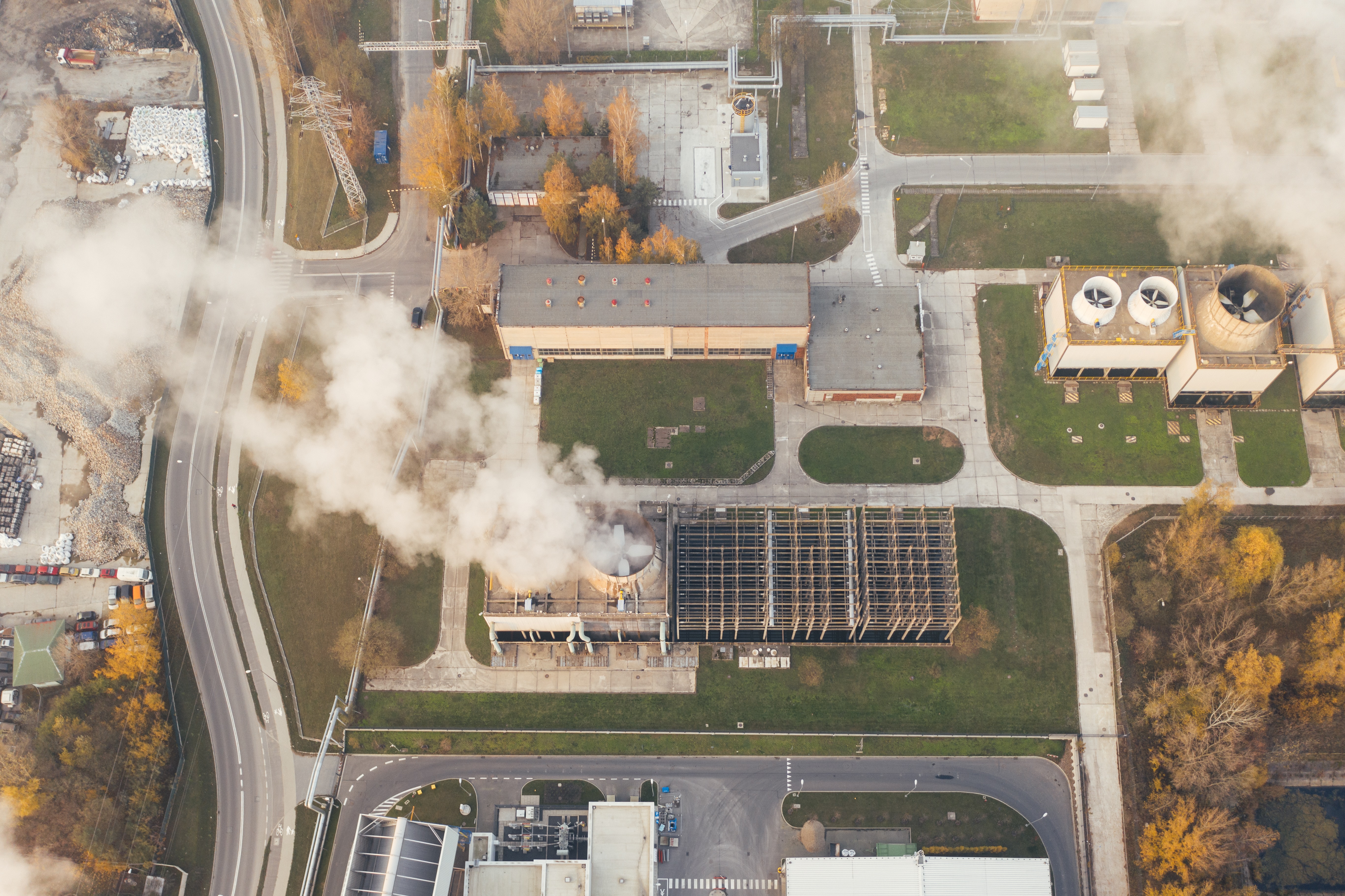The production of bad odors is not only a source of discomfort and health risk to the community, but can also lead to the spread of a bad corporate reputation.
Just think of those who live in the neighborhood of, for example, a food company where no suitable air filtration systems are employed. This condition will cause discomfort both to the factory's workers, but also to all the residents of neighboring areas who will be faced daily with the odors it produces. This could lead to frequent complaints and the spread of a very bad name for the company, which is considered to have little concern for people's health, as well as little inclination to implement practices to limit the proliferation of odors.
This bad reputation and behavior could also lead to reporting to the relevant authorities, resulting in inspections and, in the case of management irregularities, sanctions.
It is therefore apparent that making an effort to install ad hoc air filtration systems is really a form of respect to all.
Do there exist regulations to be complied with regarding olfactory pollution?
As for any type of business pollution, there are also regulations specifically designed to regulate olfactory pollution.
Specifically, the reference Legislative Decree is number 152 of April 3, 2006, published in Official Gazette 88 of April 14, 2006, which establishes everything inherent in environmental regulations. In particular, odor pollution is dealt with in Part Five and its annexes.
In addition, we then find Article 674 of the Penal Code, which punishes anyone who "throws or pours, in a place of public transit or in a private place but for common or other people's use, things likely to offend or molest people, or, in cases not permitted by law, causes emissions of gas, vapors or smoke, likely to cause such effects."



